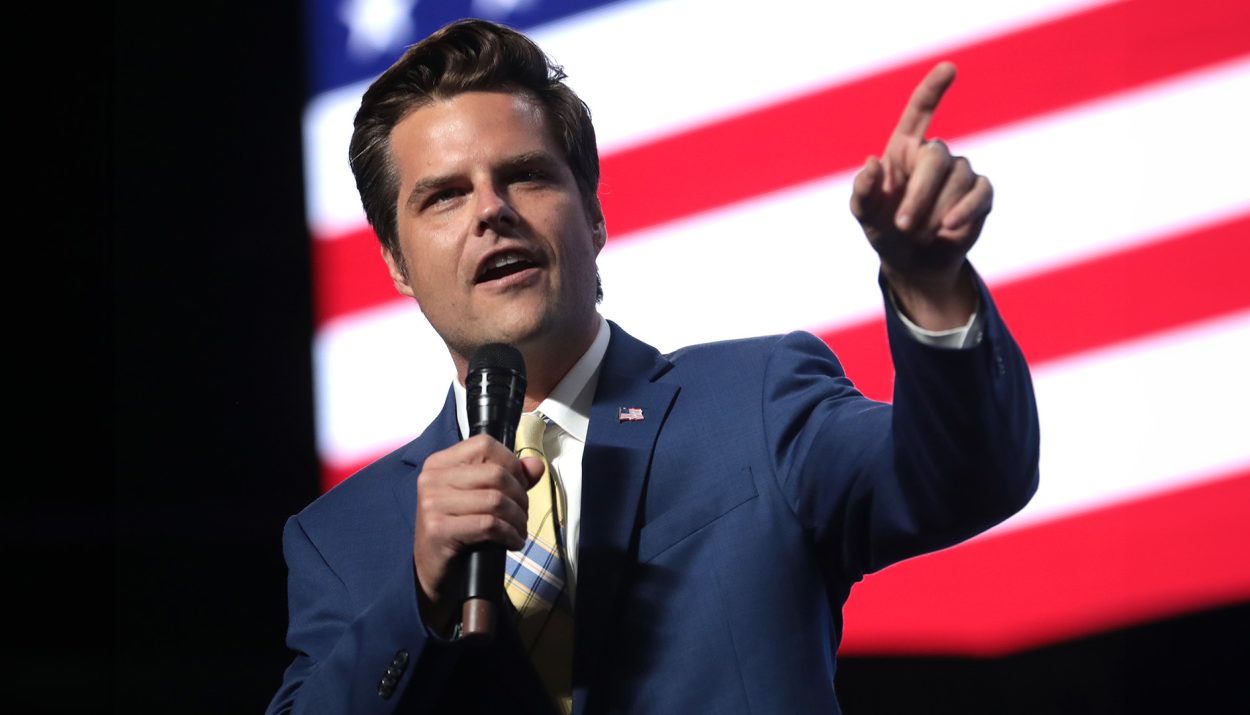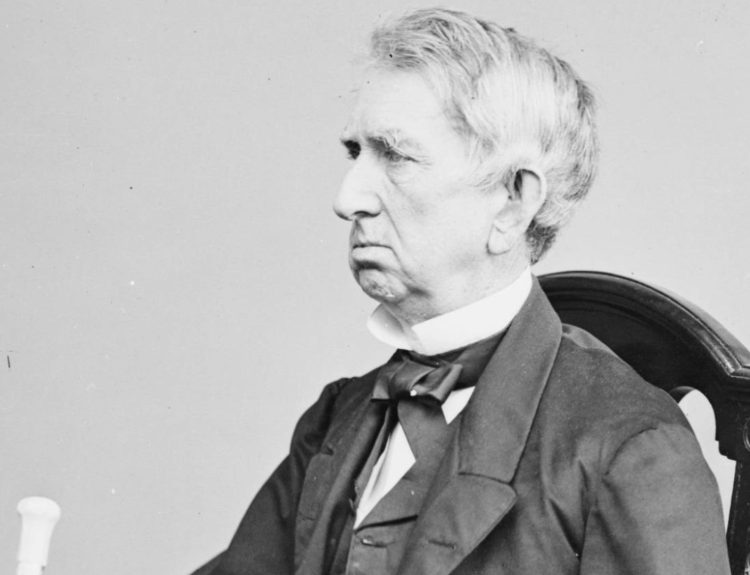Recent personnel changes in Republican leadership have created opportunities for fresh voices and new ideas within the party. The departures of Mitch McConnell, Kevin McCarthy, and Ronna McDaniel mark a historic shift as the GOP seeks to redefine itself in a changing political landscape.
Their exits from prominent roles clear space for rising stars to put their stamp on the party’s identity. As Republicans look ahead to the 2024 elections and beyond, this generational changeover invites optimism about new directions and uncertainty about the path forward.
Gaetz Welcomes End of McConnell Era
With the announcement that Senate Majority Leader Mitch McConnell will be stepping down from his leadership role, Representative Matt Gaetz of Florida has expressed enthusiasm for the departure. In a statement on X, Gaetz wrote, “We’ve now 86’d McCarthy, McDaniel, McConnell.”
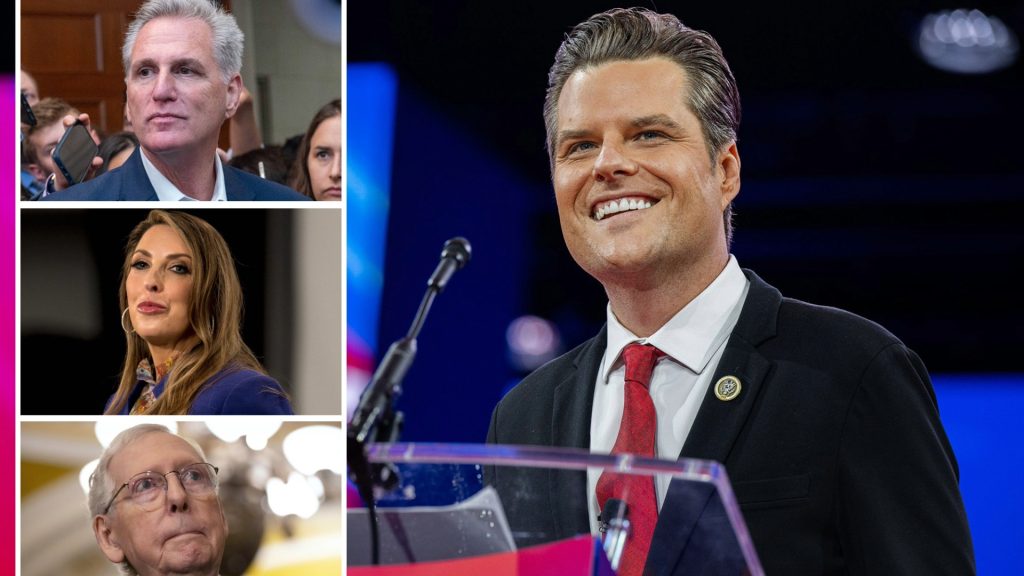
The congressman referred to the removal or resignation of McConnell, former House Minority Leader Kevin McCarthy, and Republican National Committee Chair Ronna McDaniel. Gaetz has frequently criticized the Republican establishment and leadership.
Reasons for Celebrating McCarthy’s Resignation
Congressman Matt Gaetz has expressed jubilation at the resignation of former House Minority Leader Kevin McCarthy. According to Gaetz’s social media posts, the Republican party will benefit from McCarthy’s departure.

Gaetz and McCarthy have long been at odds, with Gaetz accusing McCarthy of reneging on promises made to members of Congress. Their animosity intensified following the 2022 midterm elections, in which the Republican “red wave” failed to materialize, leading Gaetz to mock McCarthy, Senate Minority Leader Mitch McConnell, and Republican National Committee Chair Ronna McDaniel.
Analyzing Ronna McDaniel’s Failed Leadership
Ronna McDaniel’s tenure as the Chairwoman of the Republican National Committee (RNC) was marked by poor fundraising, losing elections and intraparty divisions. According to Congressman Matt Gaetz’s statement, the Republican party would benefit from new leadership.
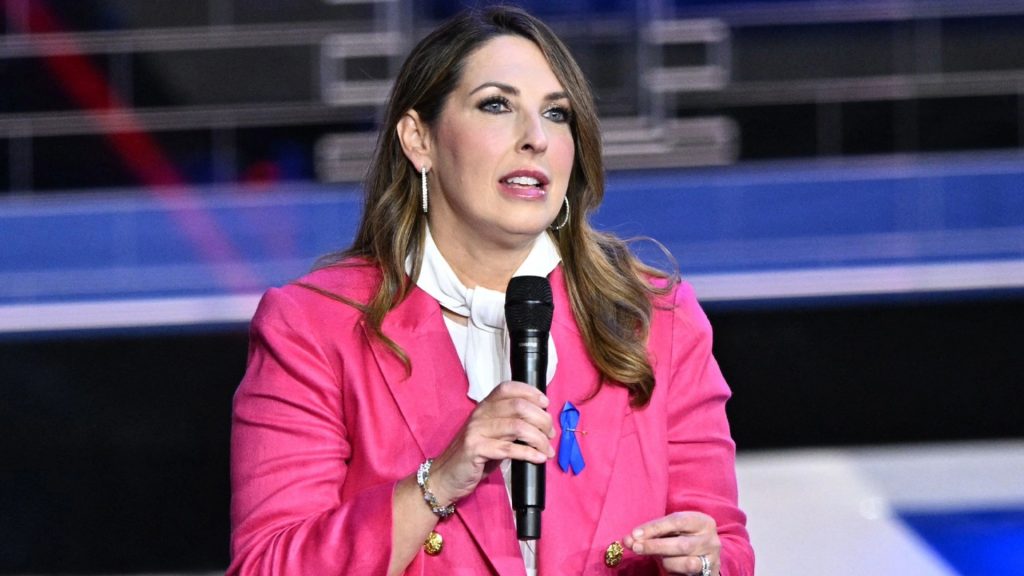
When McDaniel took over as chairwoman in 2017, the RNC had raised over $200 million during the 2016 election cycle. Under her leadership, fundraising slowed. The RNC raised 10 percent less in 2017 compared to 2015 and 27 percent less in 2019 compared to 2017. The declining fundraising hampered the RNC’s ability to support Republican candidates in the 2018 and 2020 election cycles.
History of Speaker Ousting
The House of Representatives made history by removing Kevin McCarthy from the Speakership. For the first time, the lower chamber utilized the “motion to vacate” to oust a Speaker from the position. While Joseph G. Cannon survived a similar vote in 1910, McCarthy failed to garner enough support to overcome the maneuver.

The ousting of McCarthy marked the first time in over a century that the House successfully removed a Speaker using the procedural mechanism. While Cannon survived a similar challenge, McCarthy failed to garner the necessary support to overcome the effort led by Gaetz and other disaffected members.
A Power Vacuum
With the recent departures of Mitch McConnell, Kevin McCarthy, and Ronna McDaniel from their leadership positions in Congress and the Republican National Committee, the future of the Republican party is uncertain. The simultaneous exits of these long-standing leaders have created a power vacuum within the party that ambitious younger members will likely try to fill.
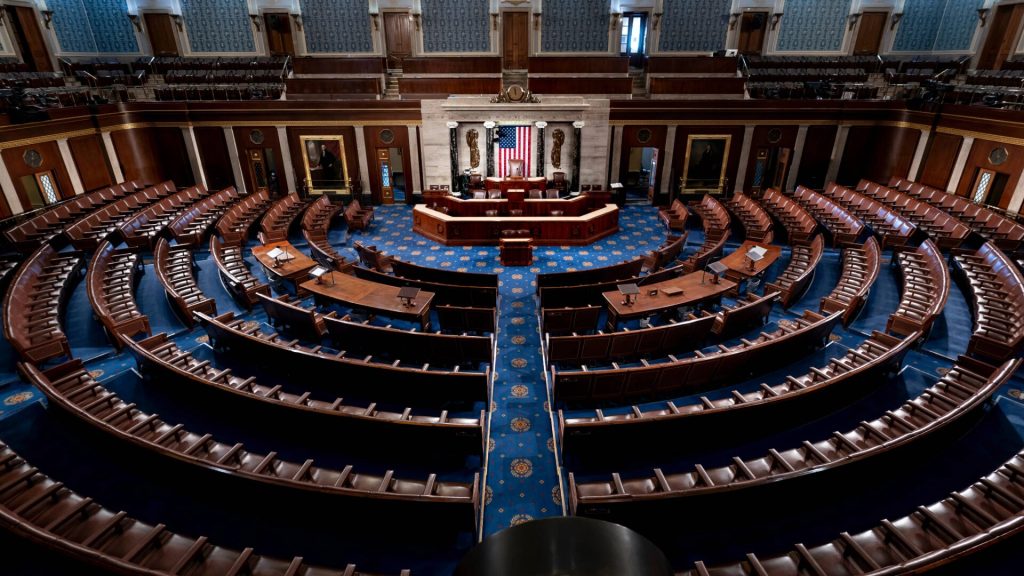
Representative Matt Gaetz of Florida has already begun jockeying for influence, celebrating the “86’ing” of the old guard. However, Gaetz’s confrontational style may alienate some in the party seeking a more collaborative path forward.
Uncertain Prospects
The national political landscape is also uncertain, with control of the House still undetermined and a Democratic president halfway through his term. The Republican party’s legislative priorities and strategy to retake Congress in 2024 will depend heavily on its new leadership.

However, continued infighting and lack of a cohesive vision could jeopardize the party’s prospects. The departure of McConnell, McCarthy, and McDaniel marks the end of an era for the Republican party. The leaders who take their place will determine whether the party can unite around a new identity, or remain mired in conflict. The future of American politics hangs in the balance.
Gaetz’s Vision for a New Direction
With the departures of Senate Majority Leader Mitch McConnell, Republican National Committee Chair Ronna McDaniel, and former House Speaker Kevin McCarthy, Rep. Matt Gaetz sees an opportunity for the Republican Party to chart a new course.
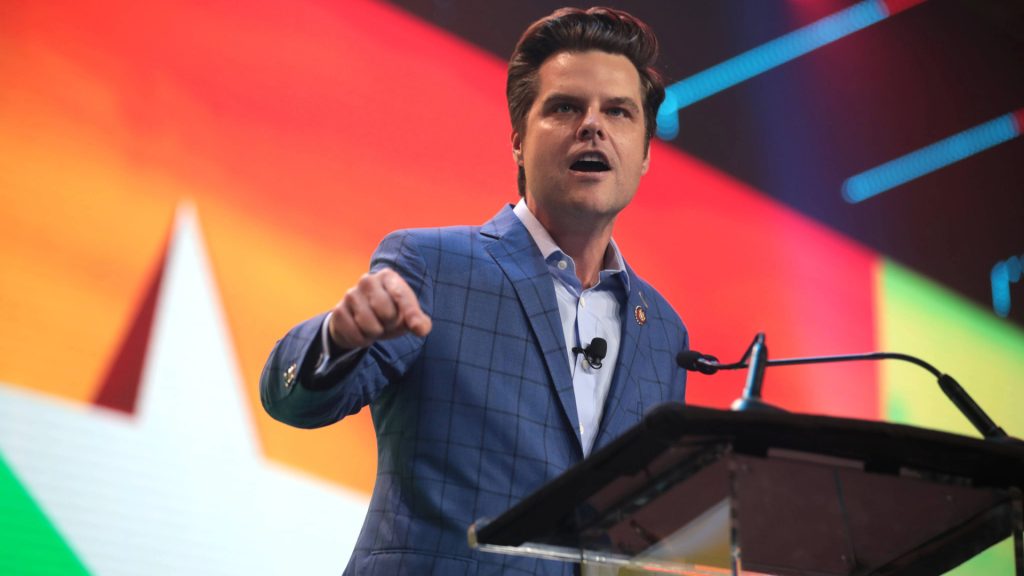
After McConnell announced he would be stepping down from his leadership role, Gaetz proclaimed on social media that the party had “86’d” McConnell, along with McDaniel and McCarthy. Gaetz has sparred with McCarthy in the past and led the effort to remove him as Speaker of the House.
Potential Replacements for McConnell, McCarthy and McDaniel
Sen. Tom Cotton of Arkansas is a staunch conservative and foreign policy hawk within the Republican party who has gained national prominence in recent years. Cotton is just 44 years old, giving him the potential to lead Senate Republicans for decades.
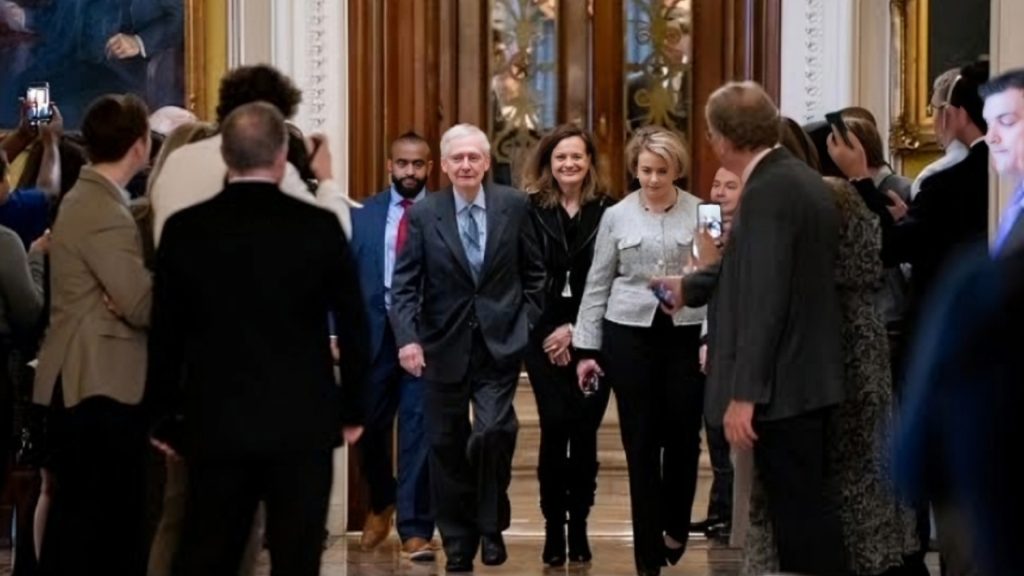
Ohio Congressman Jim Jordan, a co-founder of the House Freedom Caucus, is a leading contender to replace McCarthy as leader of House Republicans. Jordan is a staunch fiscal and social conservative closely aligned with former President Trump.
Former South Carolina Governor and UN Ambassador Nikki Haley could help broaden the appeal of the Republican party as a successor to McDaniel at the RNC. Haley has executive experience as governor and foreign policy experience from her time as UN Ambassador.
What This Means for The Future of GOP
The departure of Senate Majority Leader Mitch McConnell, Republican National Committee Chair Ronna McDaniel, and former House Speaker Kevin McCarthy signals a major shift within the Republican party. The exit of these three longtime leaders leaves a power vacuum in the upper echelons of the GOP.
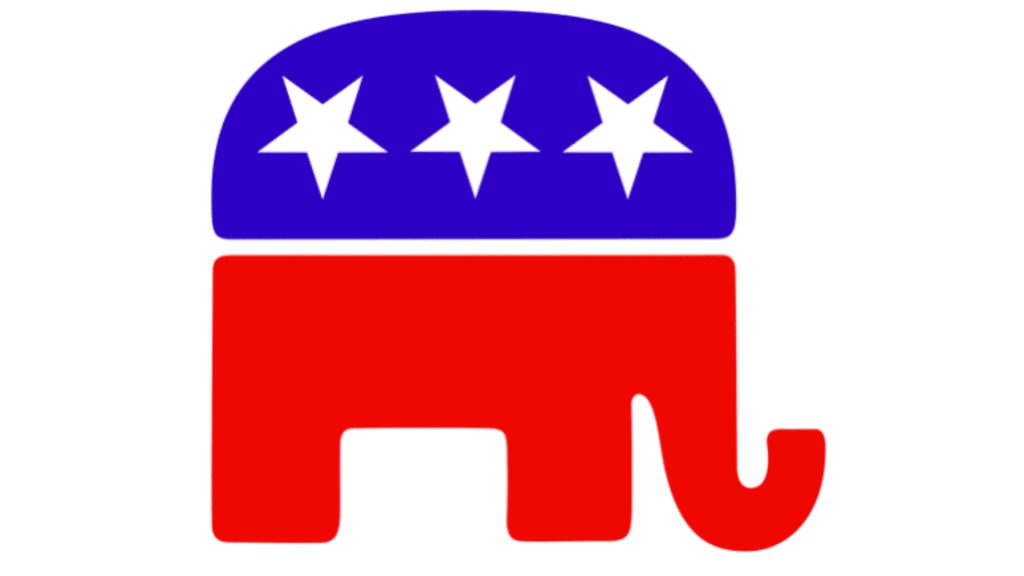
Their departures pave the way for new leaders to emerge and shape the direction of the party. Ambitious Republicans will likely see opportunity in the leadership void and push their vision for the future of the GOP. The future direction of the Republican party remains uncertain.
Too Early To Celebrate?
In the end, Representative Gaetz’s celebration may be premature. While the departures of McConnell, McCarthy and McDaniel signal a desire for change within the Republican party, leadership transitions can be turbulent times. The path forward remains unclear.

However, one thing is certain – the coming months will test the GOP’s ability to unite around shared principles and values during this period of uncertainty. Maintaining cohesion while navigating internal divisions will be critical to the party’s future electoral success.

